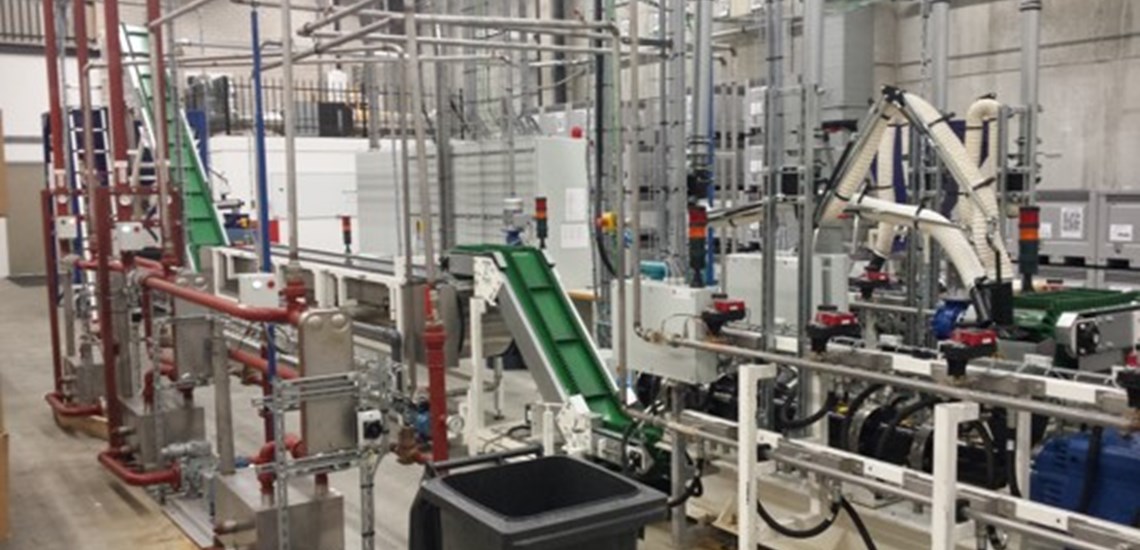Gradient Technology to bring low temp rubber recycling to the market with a novel continuous technology for rubber recycling
Gradient Introduces Low Temp Crosslink Rupturing
The Gradient low temperature crosslink rupturing approach developed to specifically deal with production waste from specialist rubber product manufacturing is about to see a new and novel continuous technology enter the market.
Gradient Technology mixing is a novel continuous mechanical process that uses a milling technique to process rubber scrap at a low temperature of around 80 degrees Celsius to selectively rupture crosslinks. This allows the feedstock to be returned to a “pre-vulcanised state” without setting off the chemical and physical reactions associated with high temperature devulcanisation. Based on Mechanochemistry theory, no additives are required during the processing.
The technology has been developed by the people behind the HSM batch technology, this new continuous technology is based on the combination of patented innovations applied within the chemical, food and petrochemical process industries over the last 20 years.
After two years of lab development, the pilot plant has now been running in the Netherlands for the past two years at 250kgph at Gradient Compounds Netherlands BV.
Gradient’s David Brown highlighted that by developing the technology and operating a series of machines, the output could be increased considerably from the initial 250kgph to something not only of a higher volume, but also capable of processing tyre rubber.
The resulting material can be treated as a masterbatch which, once the original curatives and process aides lost during original curing have been replaced, can be used as a compound.
Currently, Gradient Compounds Netherlands BV are focussed on the processing and return of factory scrap back into the main material stream, ideally at the same % as the factory scrap rate, whilst meeting the technical and processing specifications of the original compounds. This is offered as a service, with the customer retaining ownership of the materials.
One of the partners in the new business is a Dutch tyre recycling specialist and the aim is that the new plant will not only process tyres by the Gradient method, but create new products using the newly recovered material. The aim is to see processing volumes raised to around one ton per hour.
Tyre and Rubber Recycling will be following the development of this new operation with interest.




















